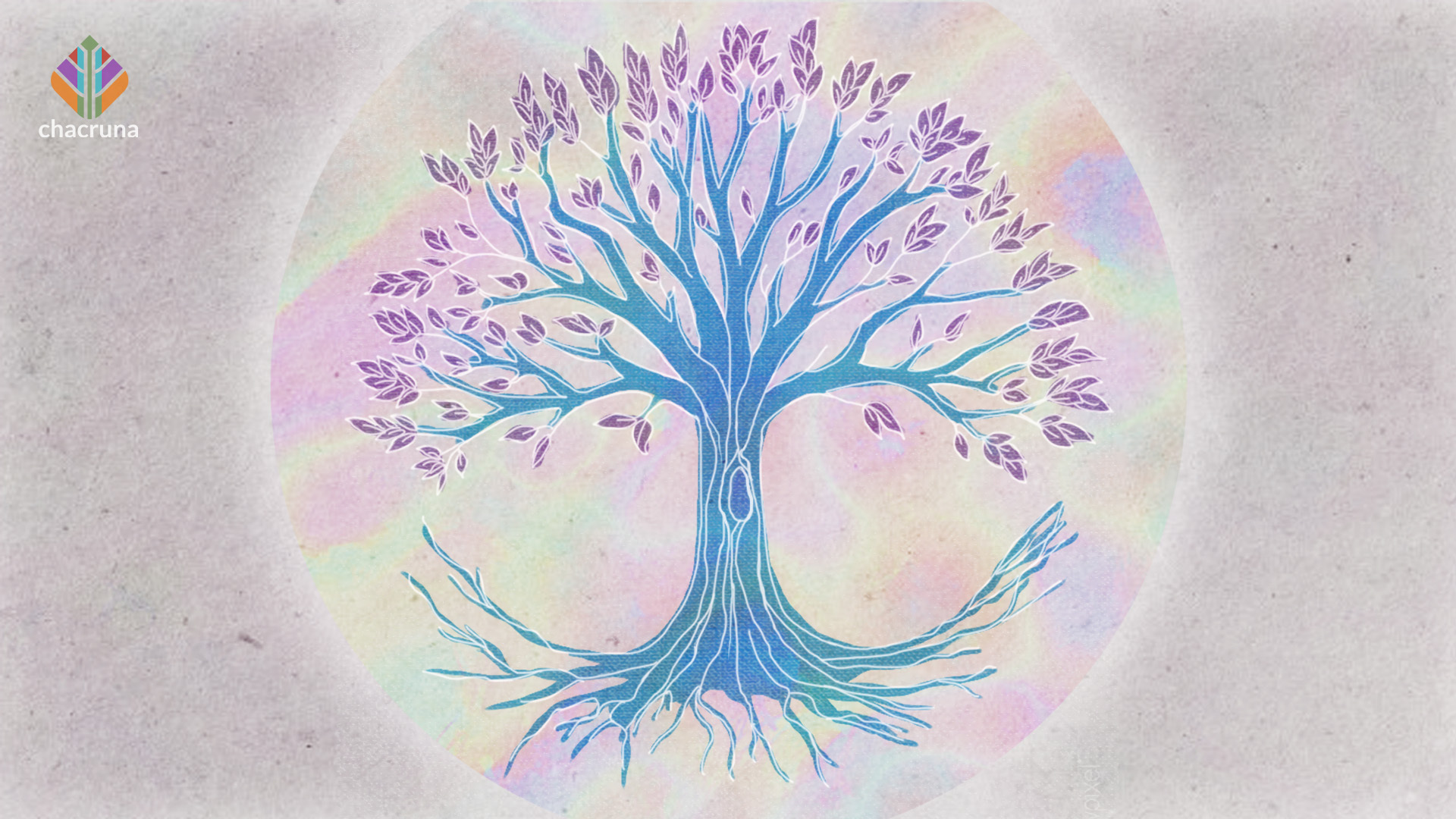- Global History of Psychedelics: A Chacruna Series - October 4, 2023
- Can Psychedelics Promote Social Justice and Change the World? - August 30, 2021
- Kathleen Harrison: Wisdom, Endurance, and Hope – Reflections from a Psychedelic Woman - August 18, 2021

I had the pleasure of meeting Chelsea Osmond in December 2018 in New York when we launched Psychedelic Prophets, the book of letters between Humphry Osmond and Aldous Huxley. Chelsea attended the event with her parents, Sue and Julian Osmond. I felt like I was meeting rock stars—the actual family of a man whose work I had been studying for decades. I could tell you all sorts of facts and details about his writings, his views on schizophrenia, and his struggles to introduce psychedelics to a world that was not ready for what they represented. But, I could not tell you what made him laugh, or how he treated his grandchildren, or how he talked to his kids about psychedelics. I was so excited to meet his family to learn more about the personality behind this psychedelic pioneer.
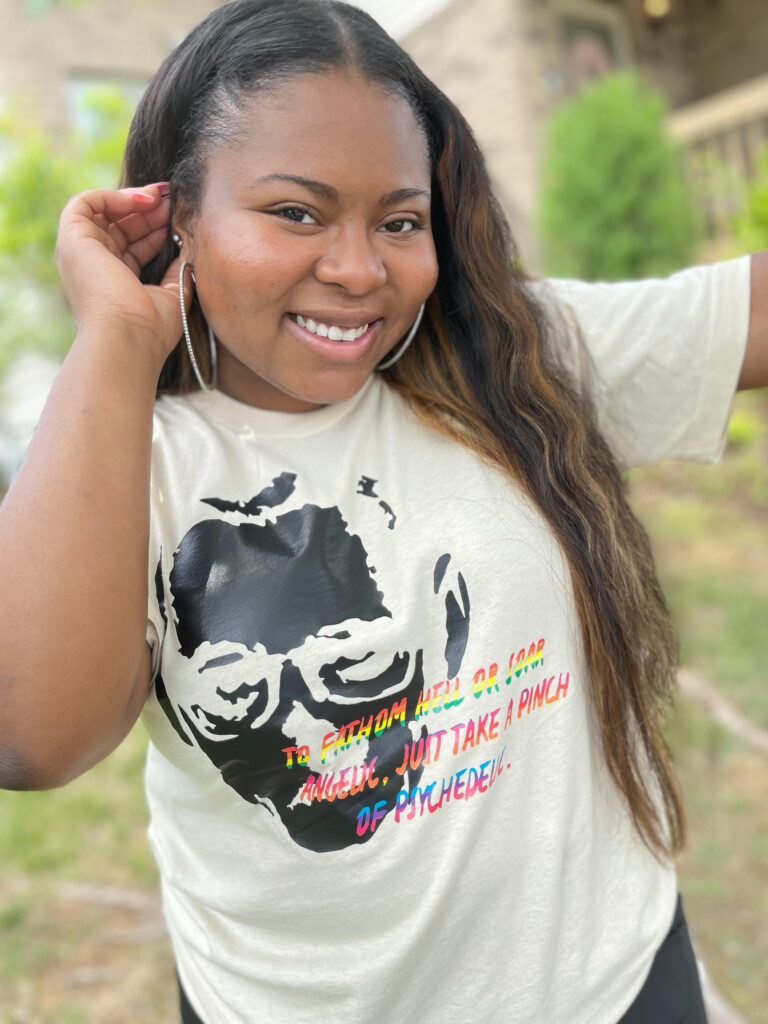
We gathered at a restaurant—the editorial team and the Osmond family. It seemed that within a few minutes we were all swapping stories and making connections. Patrick Farrell, who I believe had memorized the letters in producing a masterful index, was able to flip to pages and read aloud segments in letters where Humphry had written about his new baby son—now himself a father, sitting at the table with us. He recalled how he and Jane decided on his name, a story that Julian had not known. We all marveled in how these stories and the storytellers behind them, had brought us together in unexpected ways.
Chelsea listened intently, and to be honest I wondered to myself, what she must think of all of us fussing over her grandparents? But, I soon learned. Chelsea is the youngest granddaughter of Humphry and Jane Osmond. In her words, she has become “obsessed” with learning about her family, including her Osmond grandparents.
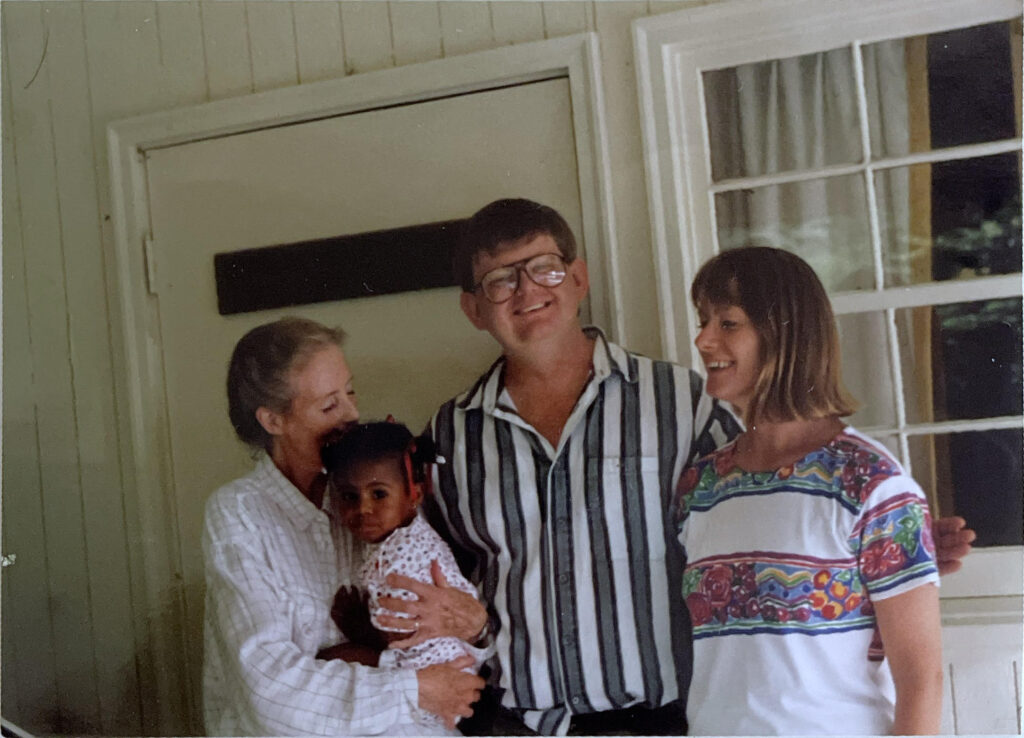
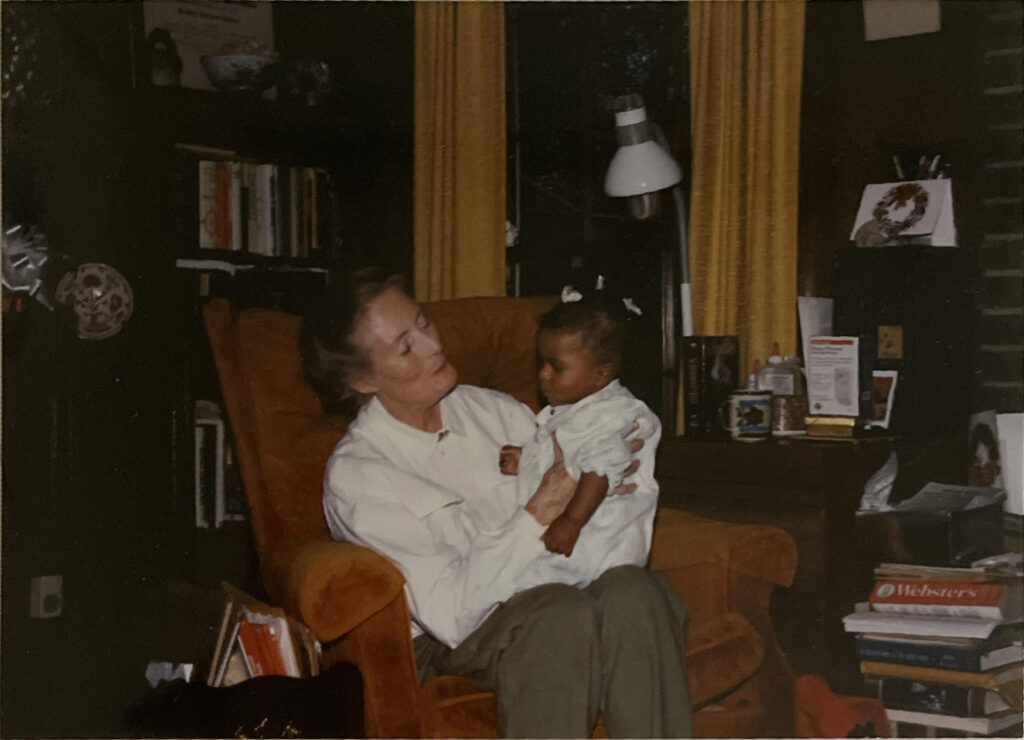
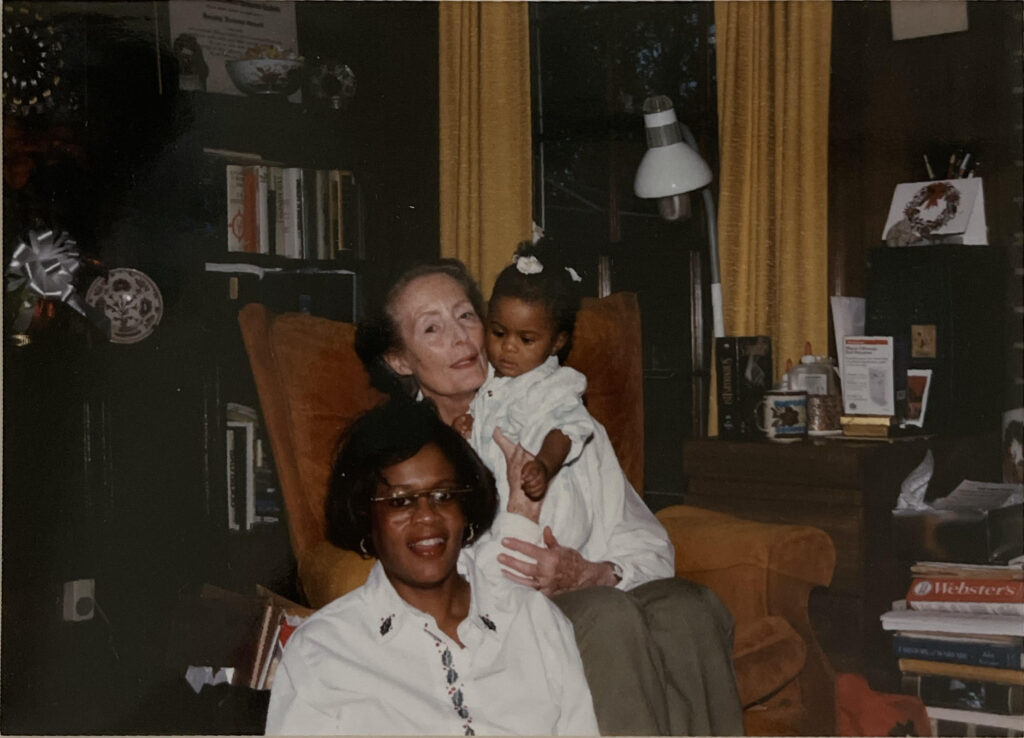
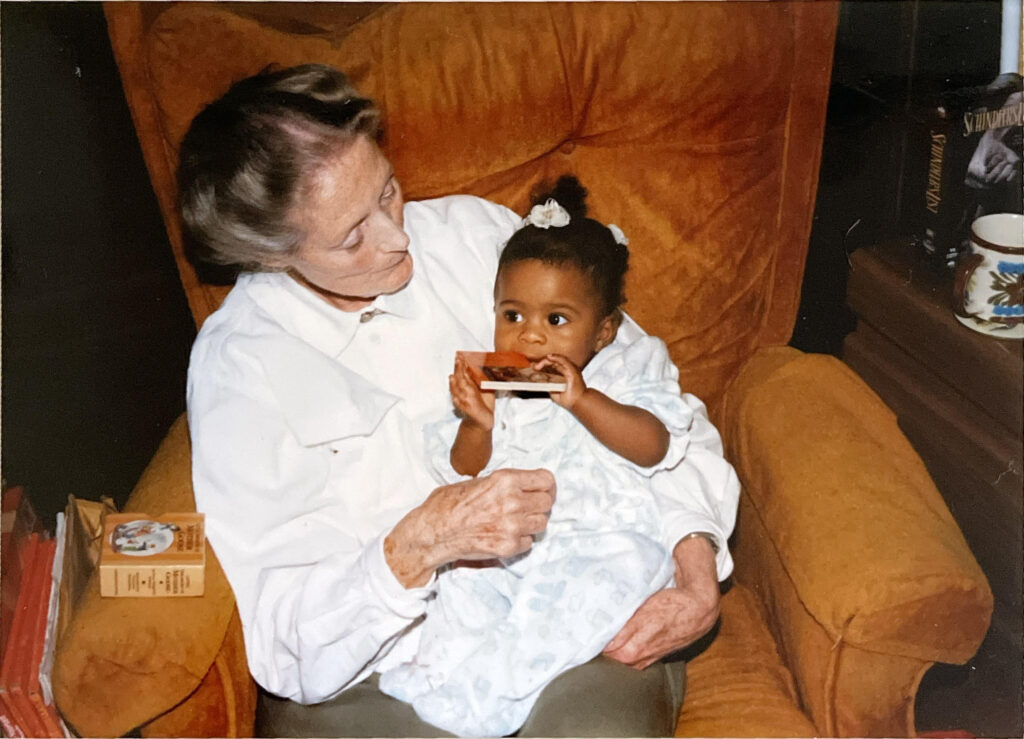
Chelsea was merely 8 years old when her grandfather passed away. She mostly remembers him at family visits, watching television, or reading the newspaper. Chelsea grew up in New Orleans before moving to Nashville, and the long-distance travel to her grandparents’ home in Wisconsin meant that visits were reserved for family celebrations and Christmases. Her grandfather had suffered a fall, which resulted in a head injury, and by the time she has firm memories of him, he was often quiet, surrounded by his books, or buried in a newspaper. Her grandmother impressed upon Chelsea a sense of elegance, generosity, and caring—traits that Jane’s children also cherished and remembered when interviewed about their mother. Chelsea remembers her mother adoring the gifts from Jane, which were always so carefully selected and beautiful. Jane suffered from dementia in the later stages of life and lost her ability to recognize family members and friends, yet always lit up when she saw Chelsea, leaving a lasting impression of love and admiration in a young girl’s heart.
When her grandparents passed, Chelsea and her parents inherited many of the Osmond family belongings—furniture, a tea set, photographs, and many books. Chelsea explained how she has filled her room with some of these belongings and has come to learn more and more about her family, as she sits surrounded by reminders of them.
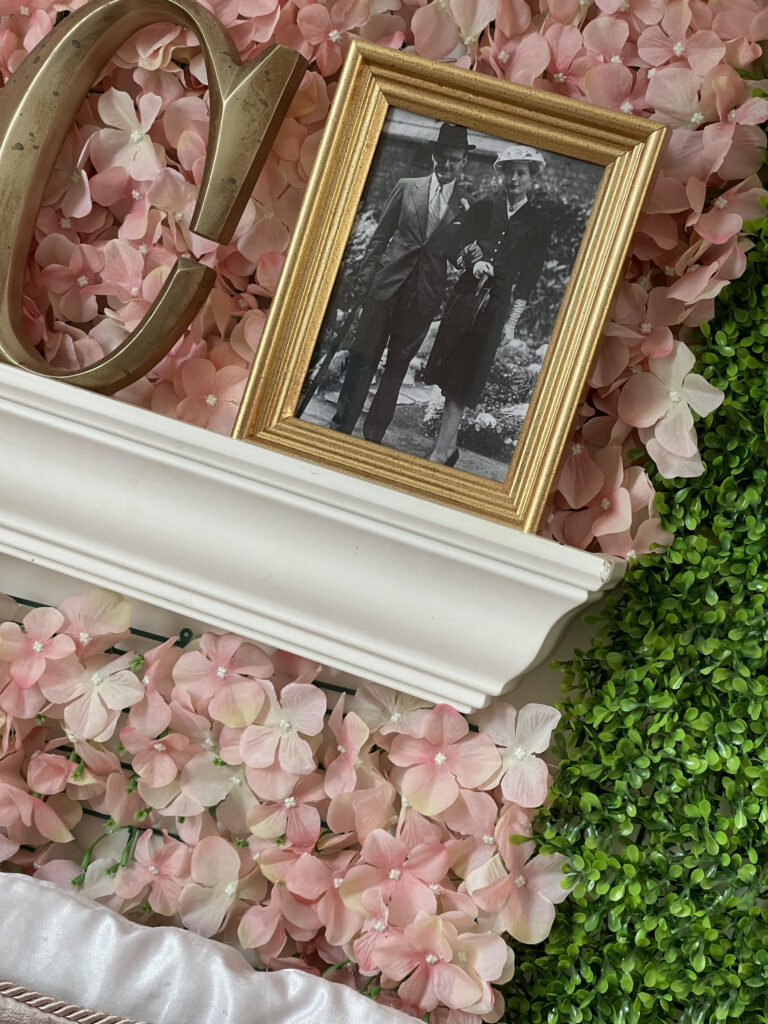
I asked Chelsea what it means to be the granddaughter of the man who coined the word psychedelic? She sort of laughed the question away, saying she just lives her everyday life but is amazed by how frequently now she sees psychedelic trends in her social media feeds—from TikTok news to advertisements about bizarre products, like “psychedelic water.” She is amazed at how often she now hears the word psychedelic, and each time, smiles in knowing that it connects her with her grandfather.

Recordings are now available to watch here.
Chelsea Osmond “is amazed at how often she now hears the word psychedelic, and each time, smiles in knowing that it connects her with her grandfather.”
But for Chelsea, the connections are not just psychedelic. Surrounded by a pile of her grandfather’s books, including those he authored, Chelsea has also been able to get to know Humphry in new ways. His book on Understanding Understanding, seemed to nearly fall off the shelf into her lap when she needed it. Her own courses in psychology caused her to look to her bookshelf, seeking advice from her grandfather when she wished she could call him up directly.
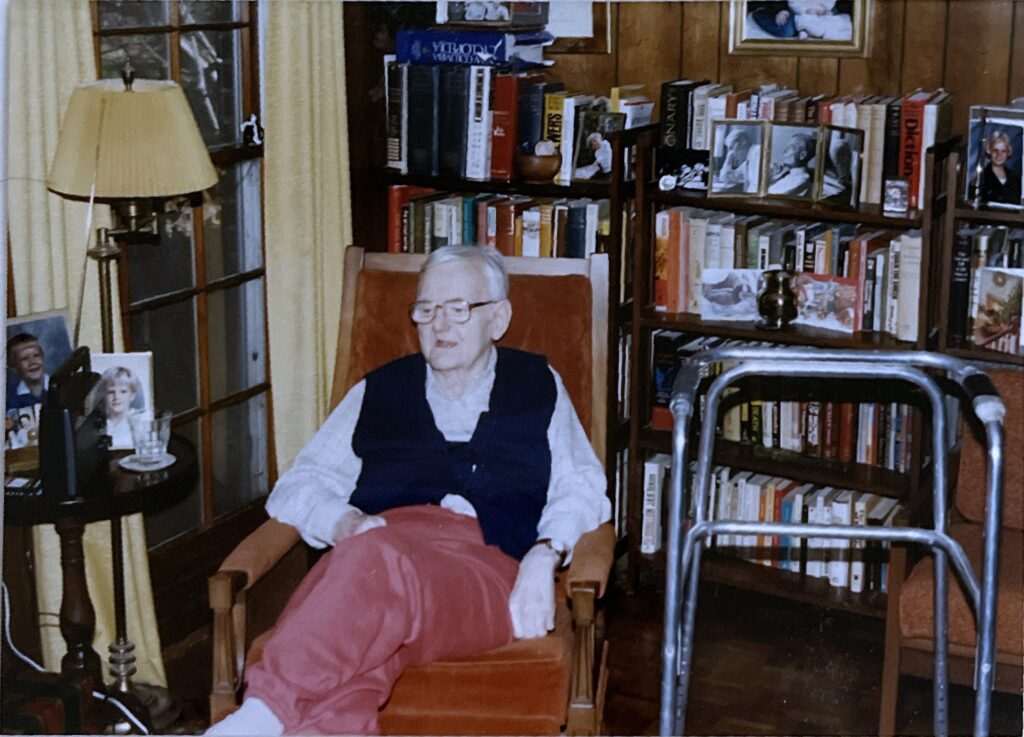
“In fact,” she told me, she “is a lot like her grandfather.” She is deeply curious. She loves doing research, about all sorts of issues. She appreciates how in his books he shows readers how to be tolerant of people’s choices—a value that Chelsea herself deeply appreciates and emulates. She explained to me the important lesson of treating people the way they are, not how you expect them to be. Humphry Osmond and Miriam Siegler’s Models of Madness, Models of Medicine makes similar claims about challenging labels about one’s ability or expected behaviors and urges us all to be more tolerant and patient with one another. Not a bad quality to inherit from your grandparents.

Please donate to the Psychedelic Renaissance Documentary
“For Chelsea, [the] values of tolerance, inclusion, and openness are lasting impressions that she has of her grandparents.”
I ended our conversation asking Chelsea what she thinks Humphry would say about the world today, whether that state of psychedelics or the rapid pace of communication? After all, much of what I learned about her grandfather came from pouring through the many many many letters he had written to a wide range of researchers, friends, and family, whereas today Chelsea can send out her food blog reviews in a few taps and clicks and it reaches thousands of people instantly. We openly mused about how overwhelming it might be for someone like Humphry to contemplate the power of social media as a tool of communication after a lifetime of pen and paper. But at the same time, those core values of patience and tolerance came into our conversation. He seemed to exercise caution when talking about psychedelics. He probably would not have taken to social media to advertise the powers of psychedelics to change the world, but he would have listened to anyone who held those views, just as he would listen to anyone who was having trouble articulating their thoughts on the subject, or was uncertain about how to promote responsible psychedelic use. For Chelsea, those values of tolerance, inclusion, and openness are lasting impressions that she has of her grandparents. We agreed that these are pretty good values for the psychedelic renaissance too.
Art by Mariom Luna.
Discover the Indigenous Reciprocity Initiative of the Americas
Take a minute to browse our stock:
Did you enjoy reading this article?
Please support Chacruna's work by donating to us. We are an independent organization and we offer free education and advocacy for psychedelic plant medicines. We are a team of dedicated volunteers!
Can you help Chacruna advance cultural understanding around these substances?










